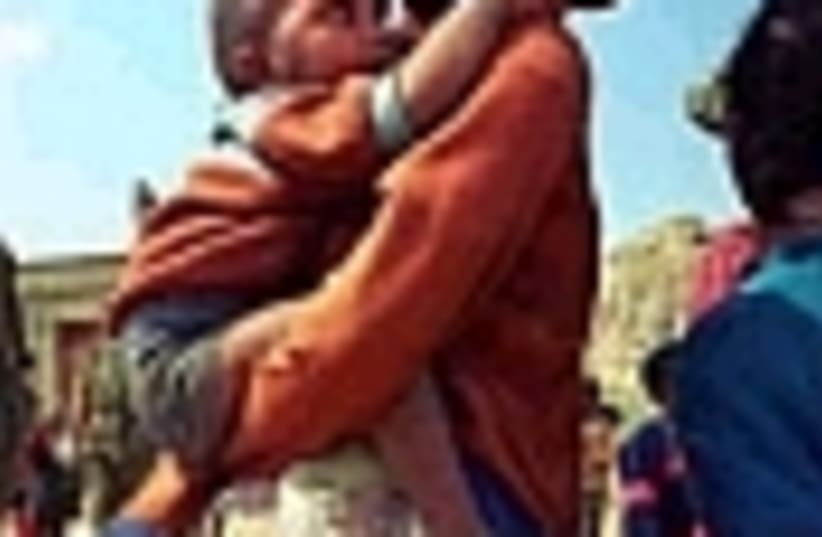| More about: | Yom Kippur, Tel Aviv, Vatican City, Romania |
Romanian director brings an Israeli story to the screen
"Without miracles, you can't make a movie," says Radu Mihaileanu. "And finding these actors was a miracle."


| More about: | Yom Kippur, Tel Aviv, Vatican City, Romania |